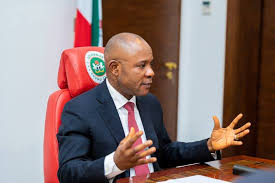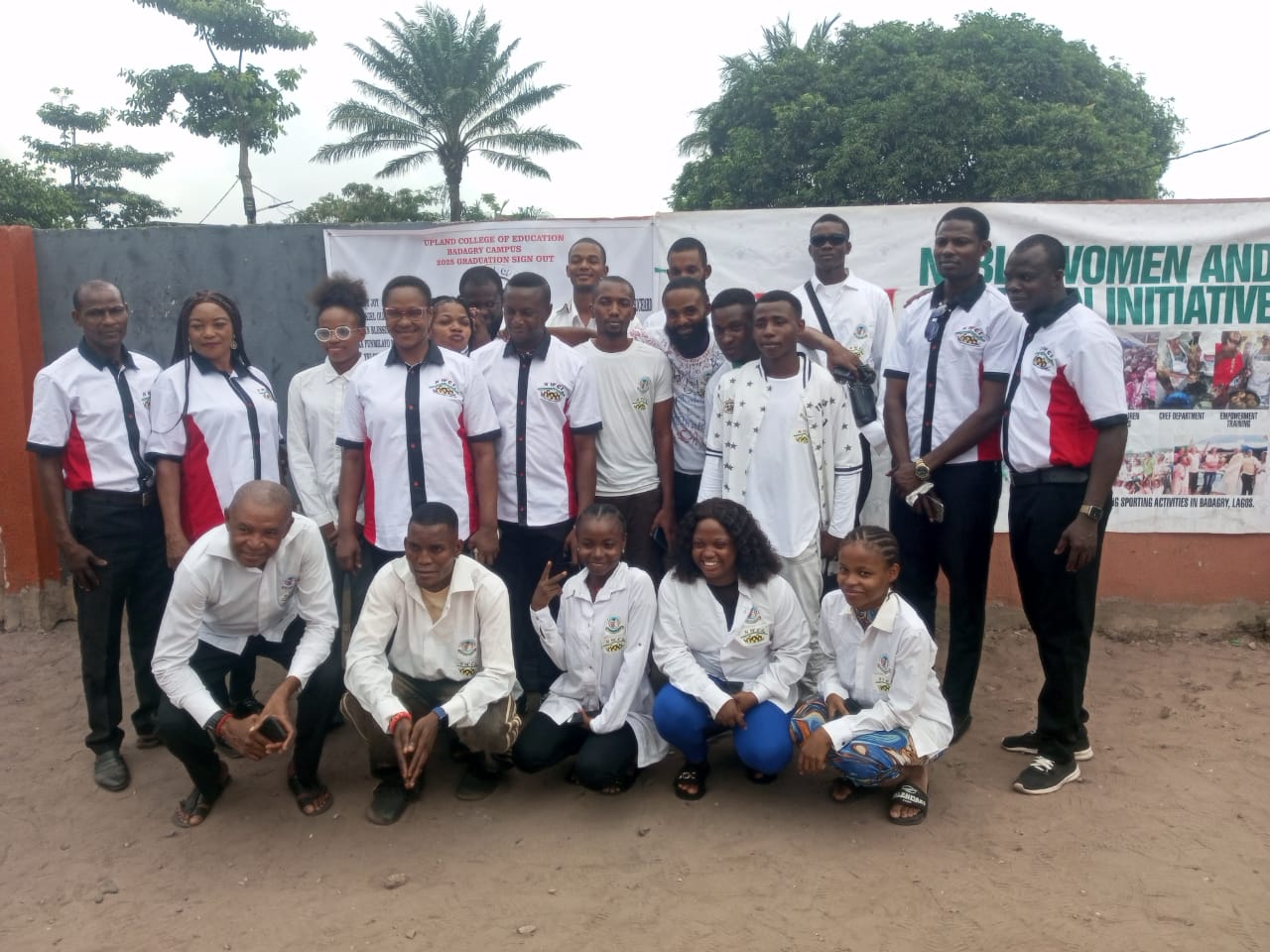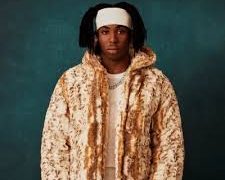Nigeria is once again in the spotlight on the international stage after a report by the BBC revealed that claims of mass killings of Christians in the country, which have influenced the United States’ current hard stance on Nigeria, originated from a non-governmental organisation (NGO) allegedly connected to the proscribed Indigenous People of Biafra (IPOB).
The reports, published by the International Society for Civil Liberties and Rule of Law (InterSociety), have been widely cited by American politicians, Christian advocacy groups, and international media. However, new evidence suggests that the figures contained in the reports may be exaggerated and, in some cases, unverifiable.
How the Controversy Began
The current diplomatic tension began when Texas Senator Ted Cruz, a senior Republican lawmaker in the United States Congress, intensified his campaign against what he called the “persecution of Christians in Nigeria.”
In a post on X (formerly Twitter) dated October 7, Cruz wrote that “since 2009, over 50,000 Christians in Nigeria have been massacred, and over 18,000 churches and 2,000 Christian schools have been destroyed.”
Although Senator Cruz later clarified to the BBC that he was not calling the situation “genocide” but “persecution,” he accused Nigerian authorities of “ignoring and even facilitating the mass murder of Christians by Islamist jihadists.”
Former U.S. President Donald Trump echoed Cruz’s claims, describing Nigeria as a “disgraced country” that “continues to allow the killing of Christians.” Trump’s comments quickly gained global traction, leading to growing criticism of Nigeria’s human rights record and religious freedoms.
Nigeria’s Response and the Roots of the Data
The Nigerian government has consistently rejected these accusations, insisting that it is doing its best to combat terrorism and violent extremism across the country.
Officials have also stated their willingness to cooperate with international partners, including the United States, but only within the framework of Nigeria’s sovereignty and mutual respect.
However, according to the BBC, the data used by U.S. politicians and advocacy groups can be traced to reports published by InterSociety, a Nigerian NGO that has monitored violence and human rights violations since 2010.
In its most recent report, published in August 2025, InterSociety claimed that jihadist and militant groups — including Boko Haram, Islamic State West Africa Province (ISWAP), and Fulani herders — had killed over 100,000 Christians and 60,000 moderate Muslims since 2009.
The report also alleged that between January and August 2025 alone, over 7,000 Christians were killed in different parts of Nigeria.
Questions Over Credibility and Accuracy
When the BBC examined InterSociety’s data, it discovered several inconsistencies and contradictions. Out of the 70 media reports cited as sources for the alleged killings in 2025, many did not specify the religious identity of the victims.
For example, one Al Jazeera report quoted by InterSociety as evidence of “40 kidnapped Christian farmers” in Borno State made no mention of the victims’ religion.
More so, when the BBC added up the death tolls mentioned in all 70 reports, the total came to around 3,000 deaths, not 7,000 as InterSociety claimed.
The organisation admitted that it supplements media reports with “local knowledge, eyewitness accounts, and estimates of people who die in captivity.” However, it did not provide verifiable details of these sources.
Alleged Links to IPOB.
The situation became more controversial when Nigerian authorities accused InterSociety of having ties with IPOB, the separatist movement seeking an independent Biafran state in the South-East. InterSociety has denied the allegation, maintaining that its work is purely focused on human rights and justice.
However, the Biafra Republic Government in Exile (BRGIE), another pro-Biafra organisation, claimed responsibility for what it called a “highly orchestrated effort” to bring international attention to what it termed a “Christian genocide” in Nigeria.
The BRGIE openly stated that it hired lobbying firms in Washington D.C. and held meetings with several U.S. officials, including Senator Cruz, to promote this narrative within American political circles.
Analysts Question the Religious Framing
Security experts and conflict researchers have long warned against interpreting Nigeria’s complex insecurity through a purely religious lens.
Confidence McHarry, a senior security analyst at SBM Intelligence, told the BBC that while there are certainly victims of different faiths, the violence often stems from ethnic tensions, resource competition, and criminal activity, not organised jihadist persecution.
Another analyst, Mr. Ani, described the labelling of Fulani herders as jihadists as “a far stretch,” explaining that the clashes between herders and farmers are largely economic and territorial, rather than religious.
“To say they are jihadists oversimplifies the problem,” Ani noted. “Many of these attacks are carried out by rogue criminal elements seeking land, ransom, or political advantage.”
Diplomatic Fallout for Nigeria
The fallout from these reports has been significant. Following Senator Cruz and Trump’s statements, Washington has reportedly begun reviewing Nigeria’s religious freedom status, with discussions underway to possibly re-list Nigeria as a “Country of Particular Concern (CPC)” — a designation that could lead to diplomatic sanctions or restrictions on military aid.
Within Nigeria, the development has caused frustration among government officials, who argue that misinformation and politically motivated narratives are shaping foreign policy decisions without adequate verification.
A senior diplomatic source told IwitnessLive that while the government remains open to dialogue with the U.S., it will continue to defend the country’s image against what it considers “coordinated misinformation campaigns.”
“Nigeria’s security challenges are real, but they are not a religious war,” the official said. “We welcome support from our partners, but not on the basis of falsehoods or propaganda.”







